|
There is no denying that there is a clear win-win situation that comes from regularly composting the planet’s organic waste. While it may take a little effort to set up your own at-home composting system, the results will be worth it. Composting is an important way that we can give back to the local community and our natural world.
Why is composting is a great contribution to healing the planet?
1. Reduces landfill waste.A recent estimate from the Environmental Protection Agency predicted that up to one-fourth of all landfill waste could have been thrown into the compost. It’s amazing to think that a quarter of our waste could be turned into nutrient-rich soil. And that leads us to the next reason why we should compost.
2. Adds to the creation of new, nutrient rich soil.
Composting organic waste creates an excellent, full-spectrum, nutrient-rich addition that enhances the overall soil quality of our organic gardens and farms. Adding compost to gardening soil can actually boost the production of both edible and ornamental plants.
3. Reduction in overall greenhouse emissions.Composting lowers the amount of warming gases created by organic material in our landfills. The EPA estimates that landfills are the single biggest emitters of toxic methane gases. If everyone composted, methane levels on our planet could be reduced drastically!
4. Composting betters overall air quality.Instead of burning yard waste (such as dried leaves, twigs, and branches) many gardeners are turning to compost as an air-friendly alternative. Burning old brush in trash cans may release deadly chemical dioxins into the air, leading to asthma symptoms, allergic reactions and overall toxic air.
5. Fertilizes and deters garden pests.Beyond the important micronutrients that compost offers, it also acts as a natural, slow-release garden fertilizer and natural pesticide. This also prevents harmful toxic run-off into our waterways.
6. Neutralizes soil.Adding compost to your soil prevents it from becoming too acidic, or too alkaline. This leads to soil that is usually perfect for the growth of most garden plants.
7. Creation of aggregates.Compost has the ability to stimulate soil particle clusters, which make for healthy soil structure. When we add compost to soils, we also increase the amount of air pockets and channels between individual soil structures, allowing the soil to hold air, water and important nutrients. This also powerfully aids in the soil’s ability to support root structures of plants, and makes it easier to work with for gardeners.
8. Less erosion.Adding compost to soil prevents it from eroding. This is an important fact, considering that much of the earth’s soil has been depleted of nutrients. When soil erodes, our water sources become threatened, as polluted, highly pesticide and fertilizer-laden soil turns to run-off into lakes, streams and ponds. Compost increases the soils ability to harbor root systems that prevent this runoff, as well as the overall ability to hold in water. In fact, a 5% increase in organic material (compost) can increase the amount of water absorption capacity by four times.
9. Promotes biodiversityIt is a well-known fact that using compost in our soils adds to the diversification and sustainability of many life forms. From birds to bacteria, fungi to insects and worms, composted soil is simply richer in the needed nutrients for Mother Nature’s creatures. What is more, when there are more life forms living in the soil, plants grow healthier and happier, as the soil becomes more aerated.
10. Great for landscaping bordersSprinkle a little compost alongside flowerbeds for a great green-alternative for landscaping.
| 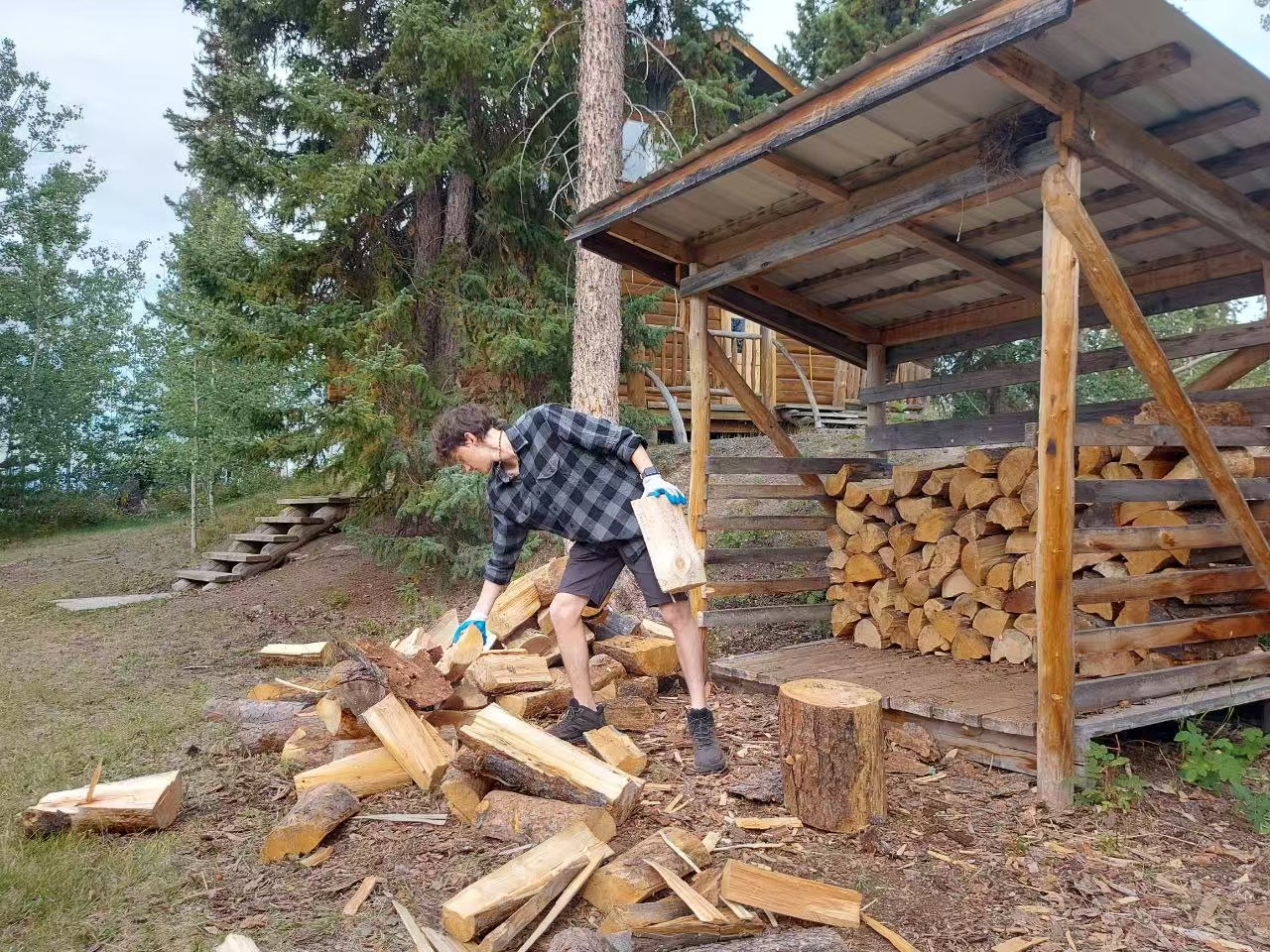 Haha, I’ve got a helper now!
Xuefeng
September 8, 2024
(Translation edited by Q
Haha, I’ve got a helper now!
Xuefeng
September 8, 2024
(Translation edited by Q
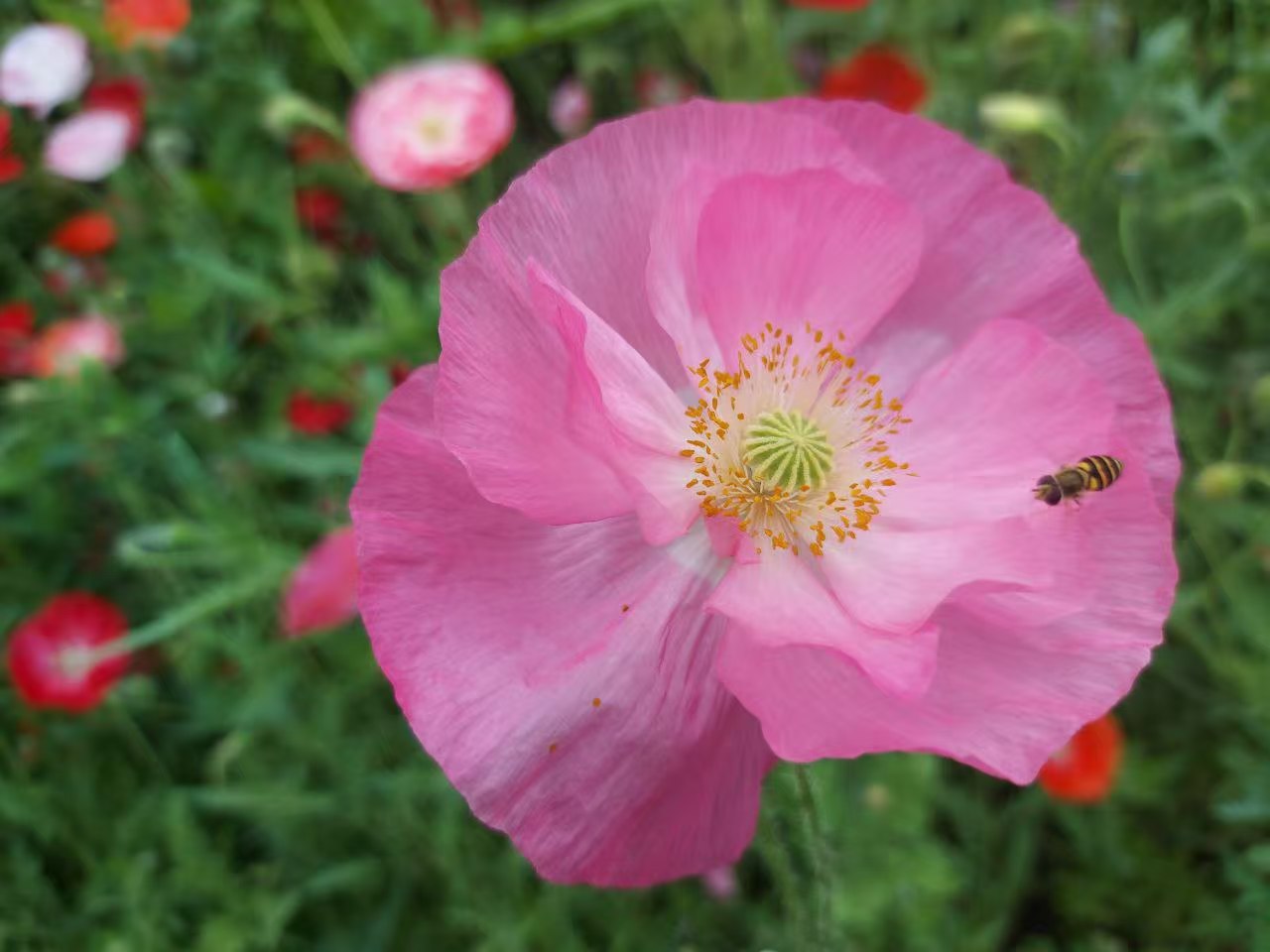 Haha, I felt young again!XuefengYesterday morning, after breakfast, I started ch
Haha, I felt young again!XuefengYesterday morning, after breakfast, I started ch
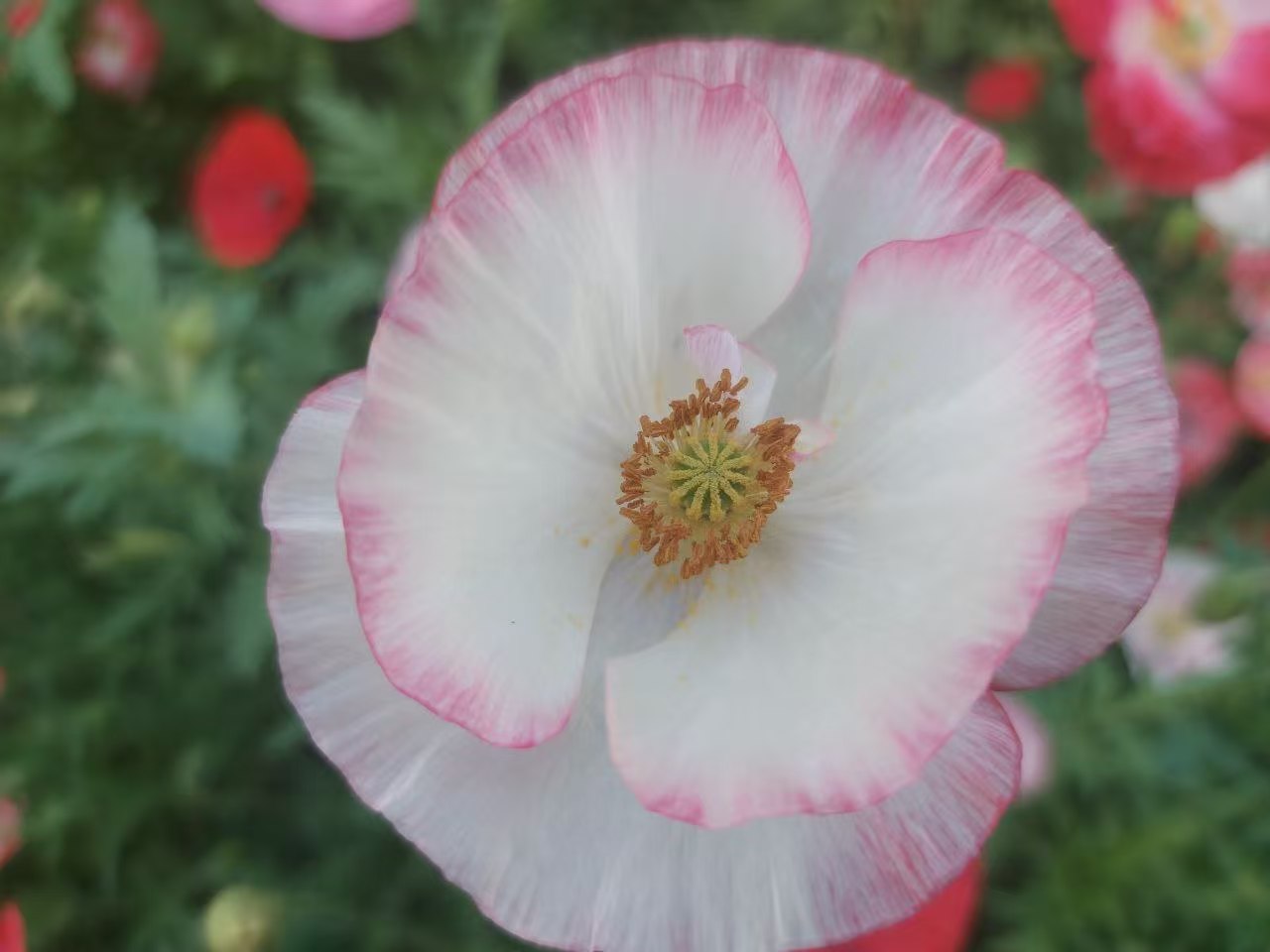 Papaver rhoeas: The Designated Flower of Lifechanyuan
by Xuefeng
August 20, 2024
Papaver rhoeas: The Designated Flower of Lifechanyuan
by Xuefeng
August 20, 2024
 Joyful Games and Warm Welcome for Gabi at Lifechanyuan's Thai Home
Qianzi Celest
Joyful Games and Warm Welcome for Gabi at Lifechanyuan's Thai Home
Qianzi Celest
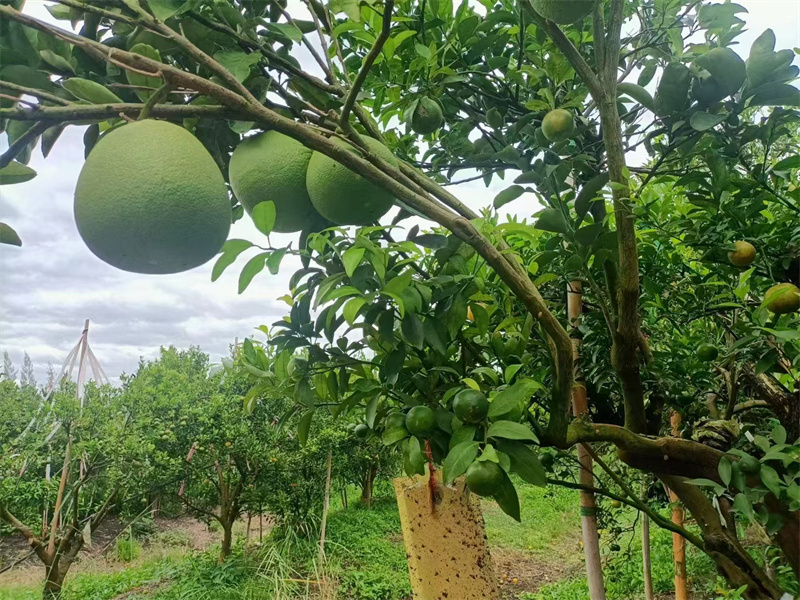 Chilean Girl Gabi Experiences the Life of Lifechanyuan Thailand Second Home Comm
Chilean Girl Gabi Experiences the Life of Lifechanyuan Thailand Second Home Comm
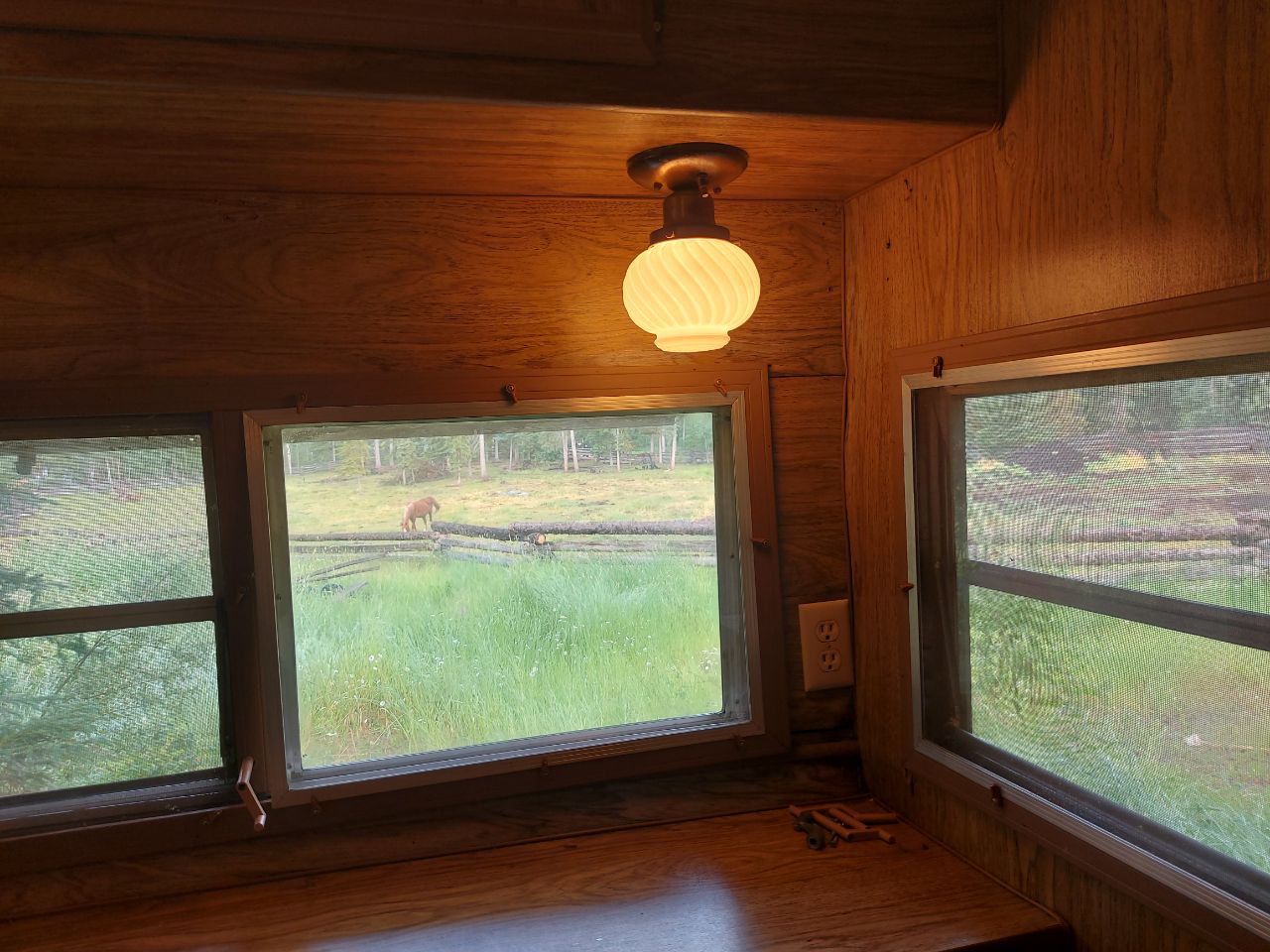 Another Clean and Tidy Joy House
In the tourist resort Holy Land Home, the guide
Another Clean and Tidy Joy House
In the tourist resort Holy Land Home, the guide
 Post time 2017-10-12 15:57:49
|
3695views0replies
Show the author posts only
|View large image
Post time 2017-10-12 15:57:49
|
3695views0replies
Show the author posts only
|View large image
 |Descending
|Read mode
|Descending
|Read mode





 Favorites
Favorites Relay
Relay Shares
Shares Collection
Collection